China's top education authority has issued a guideline to enhance science education in primary and secondary schools, emphasizing a more comprehensive curriculum, a stronger teaching workforce and better integration of science education resources.
The guideline requires each primary school to have at least one science teacher with a master's degree in science, technology, engineering or mathematics. Schools must also appoint at least one vice-principal for science, tasked with leading science lectures, collaborating with teachers, developing courses and supervising student projects.
STEM scientists and experts from leading universities and research institutions are encouraged to take on these vice-principal roles in primary and middle schools.
The guideline builds on ongoing efforts to improve science education, including the establishment of 125 national science education experimental zones and 994 experimental schools under construction.
"Promoting high-quality development in science education requires designing a comprehensive system, training highly qualified science teachers, creating robust education resources and leveraging digital tools to develop open science courses," Minister of Education Huai Jinpeng said at a December conference on science education.
The document emphasizes strengthening theoretical research on science education through collaboration among universities, research institutes and natural science foundations, as well as fostering international exchanges. Teachers are encouraged to engage in research on science education.
It also advocates establishing science education and practice bases through partnerships with universities, research institutes, science museums and technology companies. Schools are urged to organize regular extracurricular scientific activities at these locations.
The guideline promotes a coordinated science curriculum system integrating national, local and school-based content, focusing on critical thinking, scientific exploration, engineering practices, technology and the humanities. Interdisciplinary learning projects combining science education with moral, aesthetic, labor and physical education are recommended.
Science education is also to be incorporated into after-school activities tailored to students' knowledge, experiences, cognitive abilities and interests.
Activities such as nature observation, scientific exploration, engineering practices and project research are suggested to make these services more engaging.
Education administrators are directed to guide schools in utilizing the Smart Education of China platform, which provides digital learning resources for teachers and students.
The development and sharing of high-quality digital resources for science education are to be prioritized.
The guideline also calls for immersive learning environments powered by intelligent technologies such as virtual simulations, computer modeling and data analysis, to enhance teaching models and improve learning assessments.








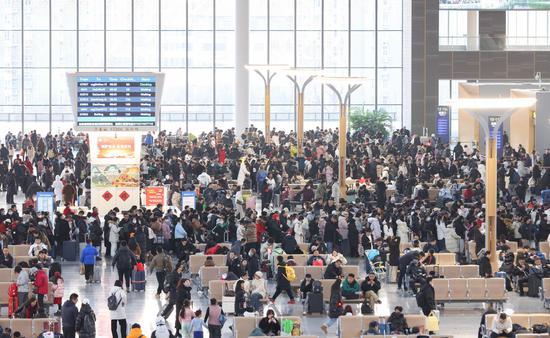
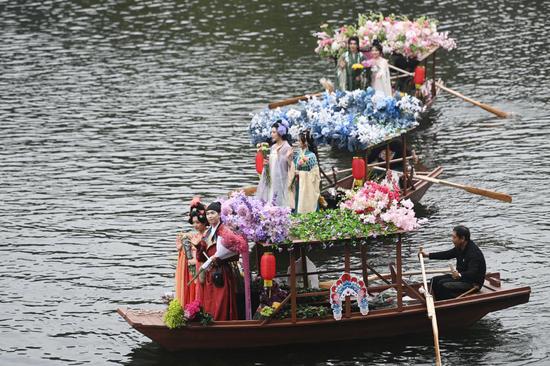

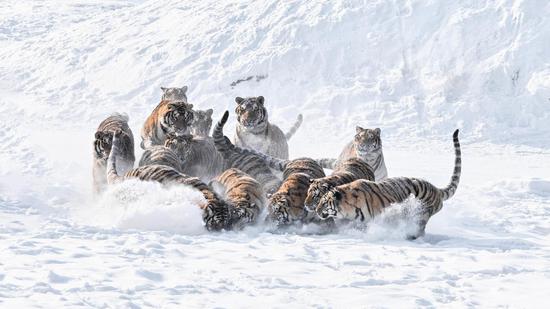
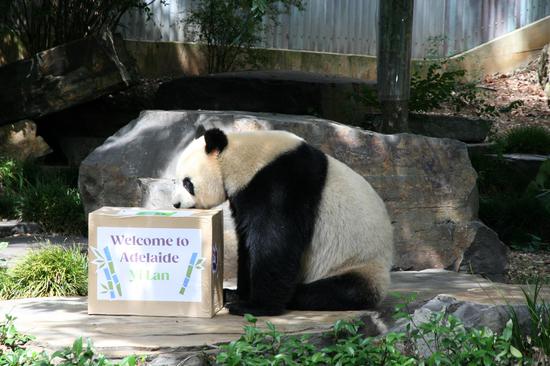
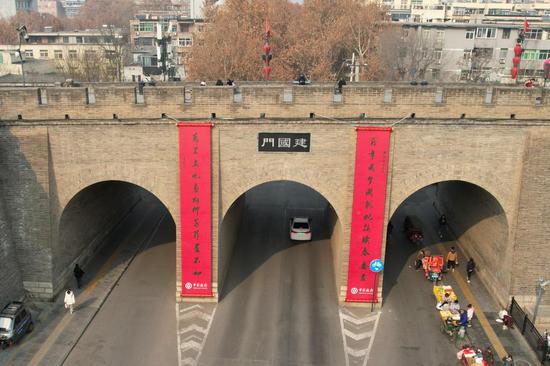

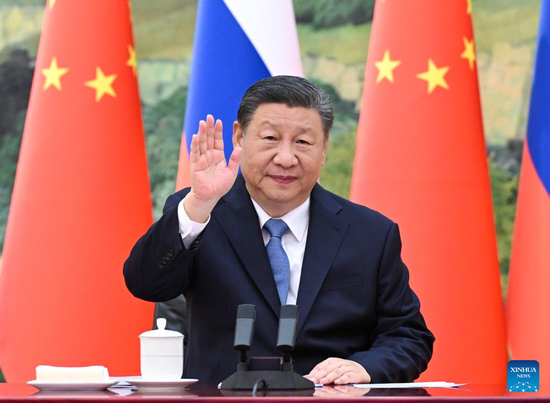
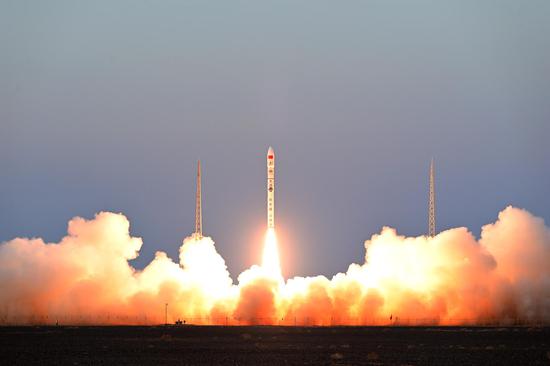




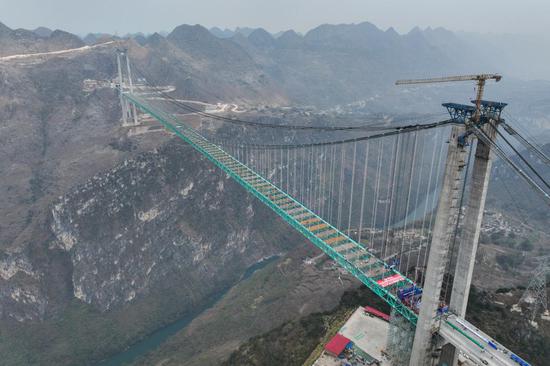



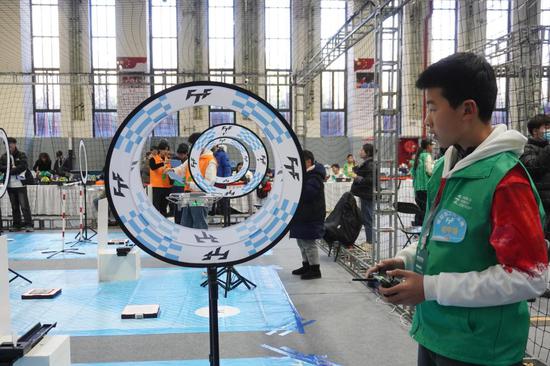

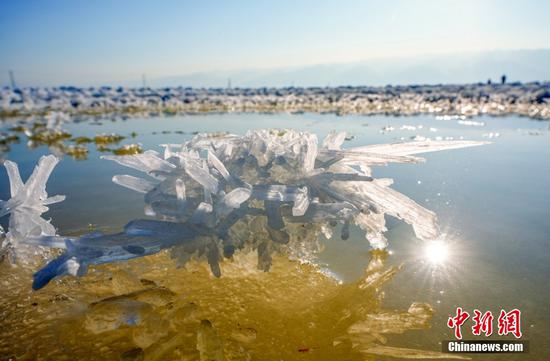
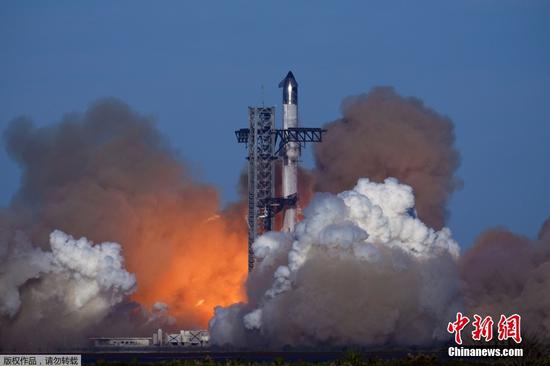
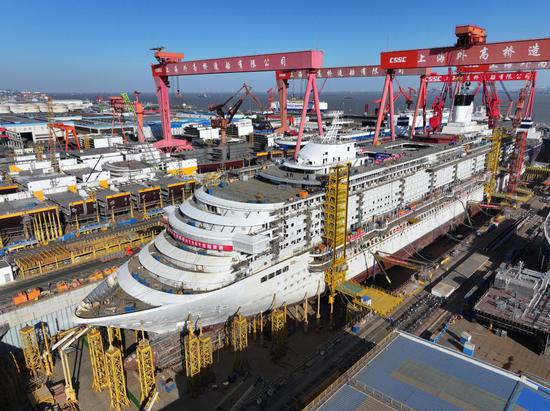
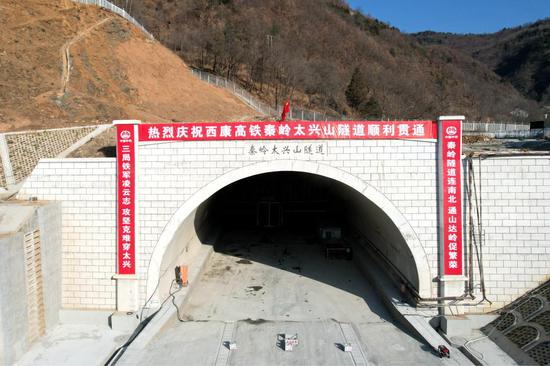


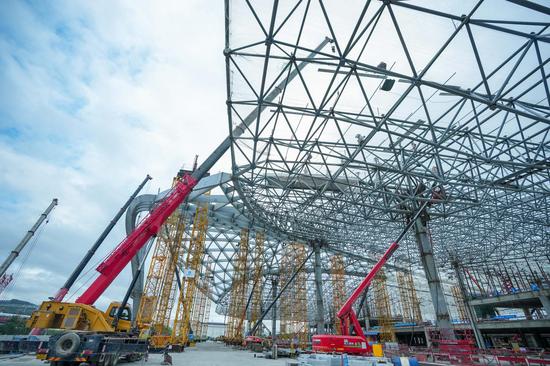
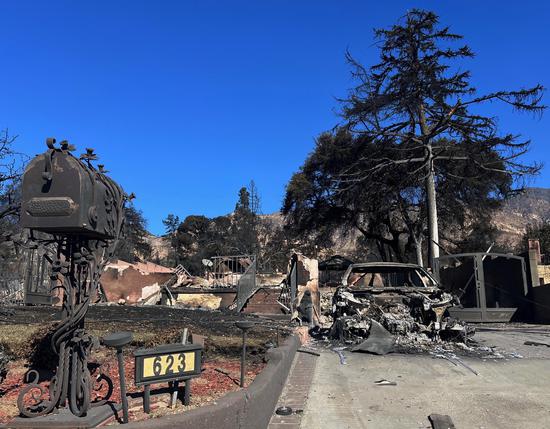
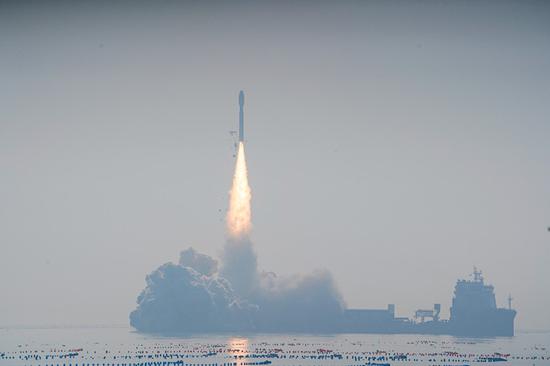
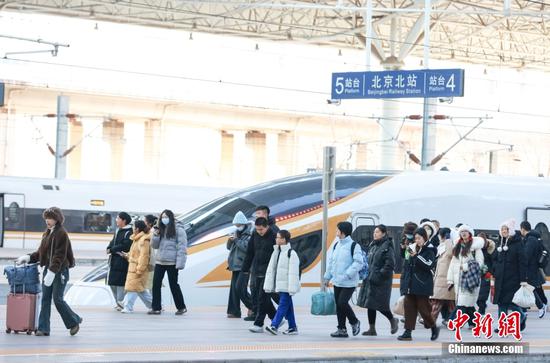

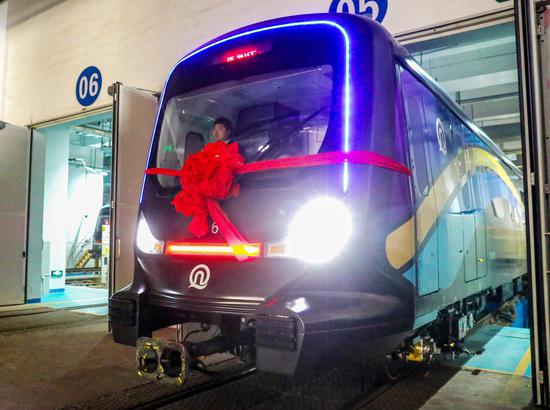
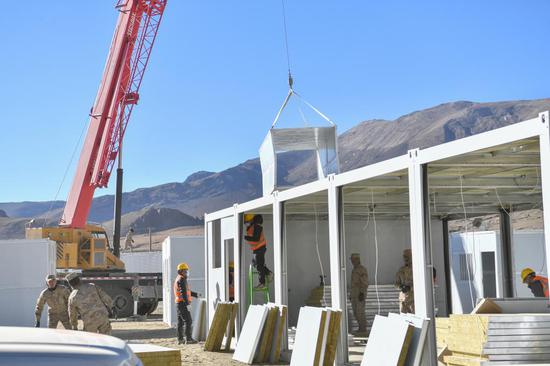
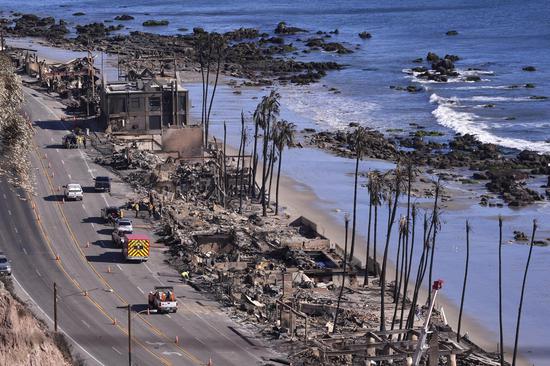
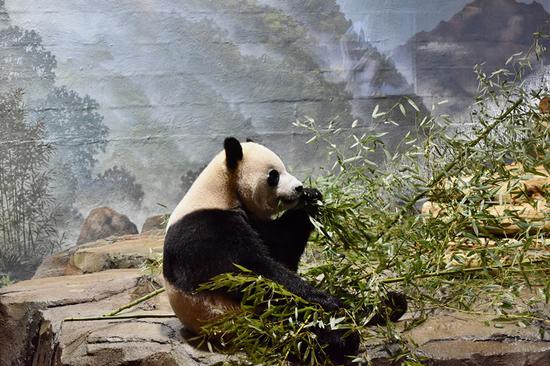

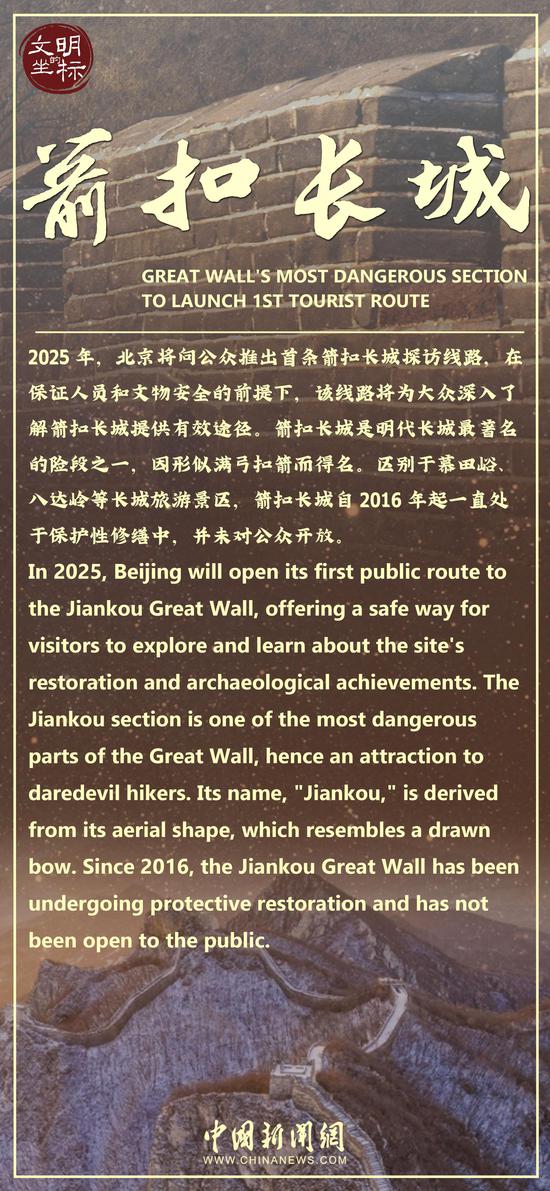
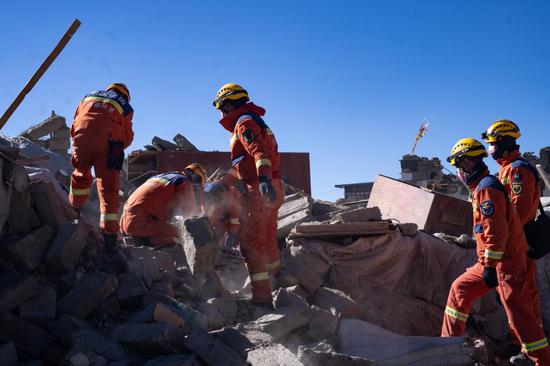

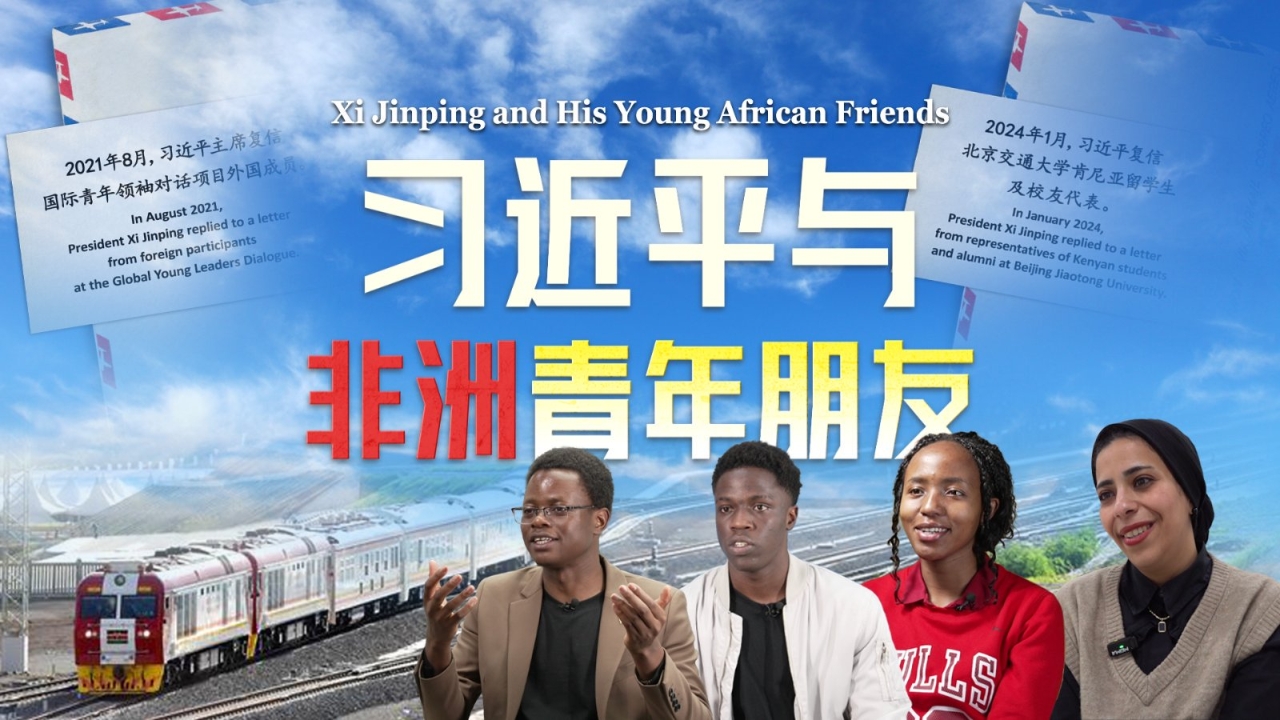

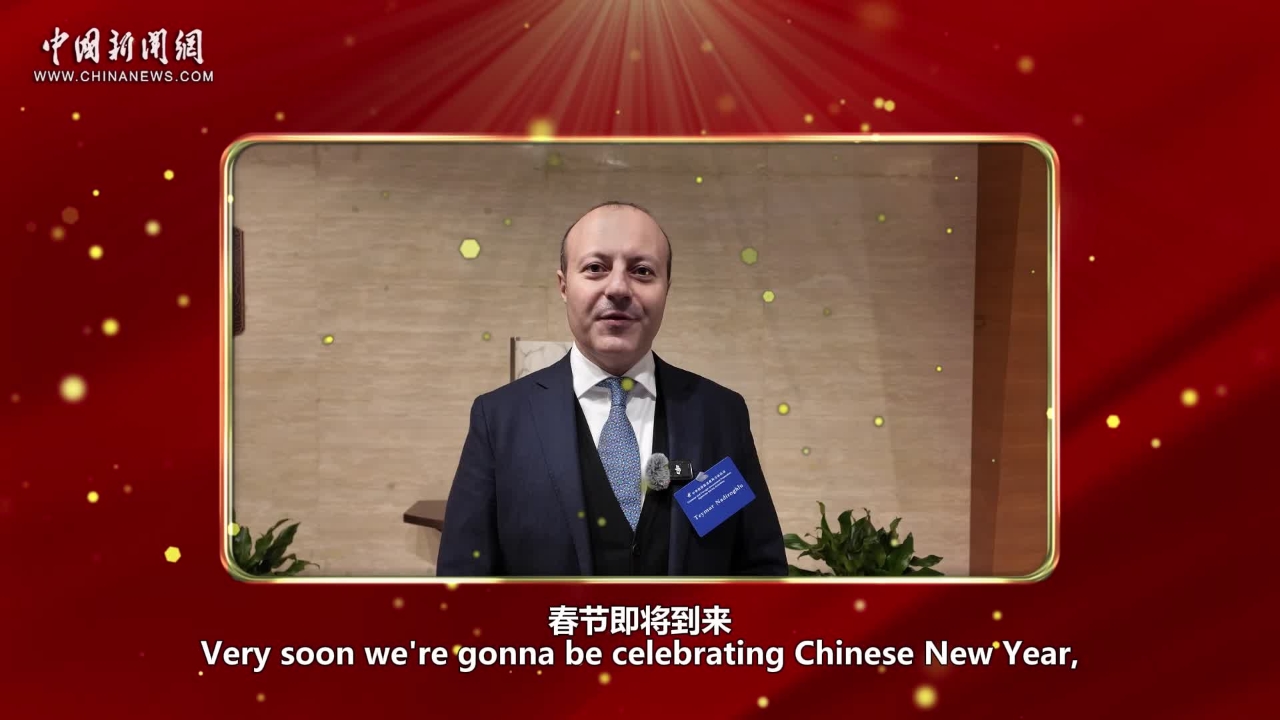

 京公网安备 11010202009201号
京公网安备 11010202009201号
